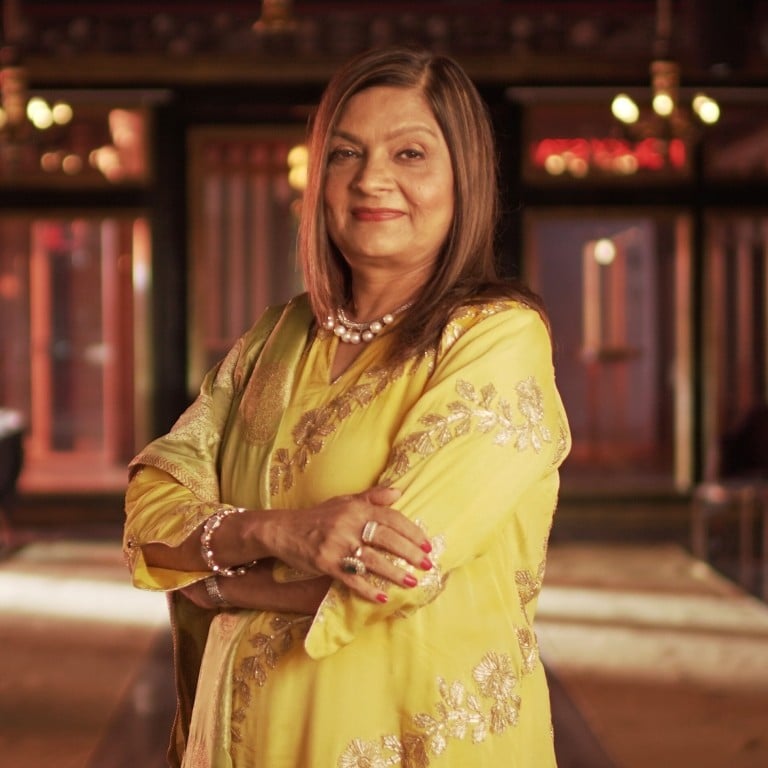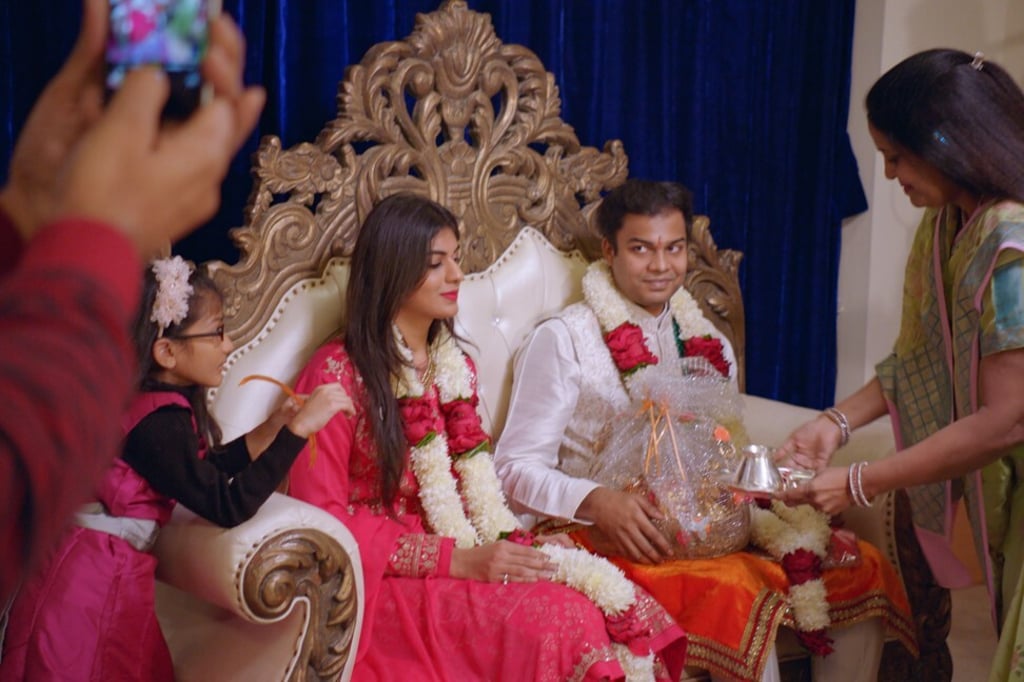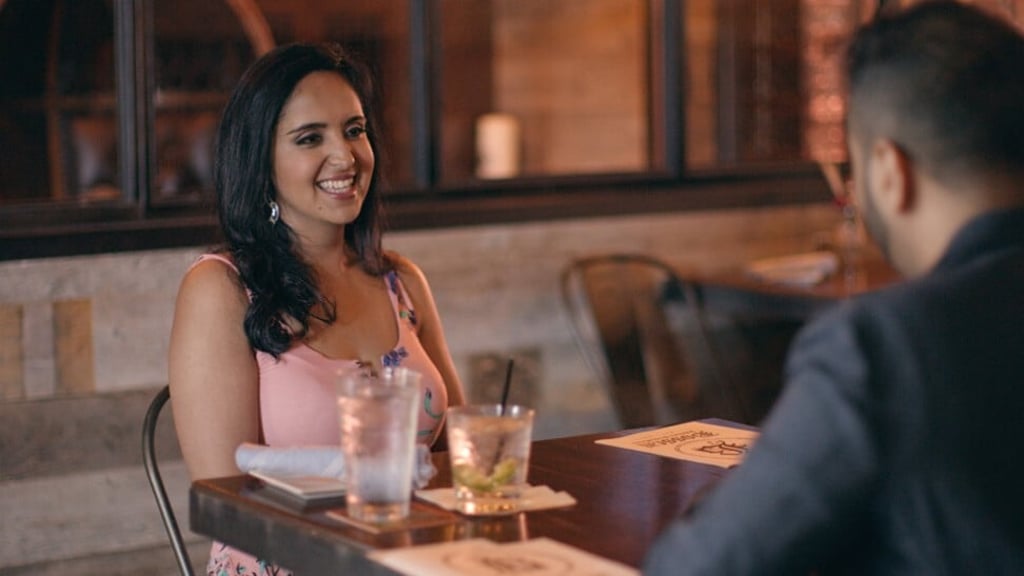Indian Matchmaking: Sima Taparia’s real-life dating advice for millennials and Gen Zers

In an exclusive interview with STYLE, the professional matchmaker at the heart of Netflix’s viral reality TV smash gave us some exclusive advice about finding love in Hong Kong and beyond
However, that hasn’t stopped the world obsessively following the fates of Arpana, Pradhyuman, Vyasar and Akshay to see if they would find love in the end, and audiences were left with a sort of cliffhanger ending. As we eagerly await news of a second season, we caught up with Auntie Sima to see what advice she would give to the single ladies and gents of Hong Kong.

Despite the backlash, the show highlights what matchmaking has become in Indian society and sheds light on the lives of the – albeit admittedly affluent – youth of today and also the culture of the diaspora, most notably in the US.
“Personally, I feel like the concept of matchmaking has evolved, and that’s given way to more possibilities,” Taparia said. “Gone are the days when parents find matches and marry their children to suitable partners. Children today also play an active part in the process of matchmaking. Some like the idea of having guided help.”
As the story follows Aparna Shewakramani that certainly seems the case. The Texas lawyer comes across as an ambitious, career-oriented woman that wants to find the right partner that fits into her lifestyle. She was very specific in certain attributes and characteristics, and famously said she lost interest in a date because, “He didn’t know what the Bolivian salt flats were”.

Taparia, more affectionately known in the show as Auntie Sima, agrees. “Today's generation certainly does have a lot more goals and aspirations for their career, but it doesn't mean that they do not want to settle down. Everyone takes their own time.”
What skills does one need to become a professional matchmaker? It’s a lot simpler than you’d think.
Taparia claims that as a child she was always social and extrovert in nature. “During all our family gatherings, my family noticed that I was able to form connections and remember people’s names and faces with ease. This led me to choosing a profession like this. A couple of years back, what started as a hobby turned it into my profession.”